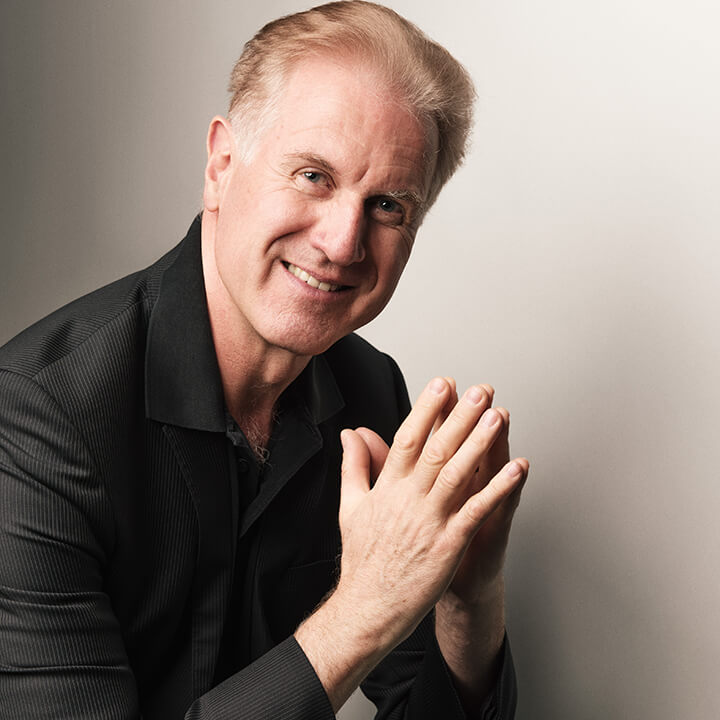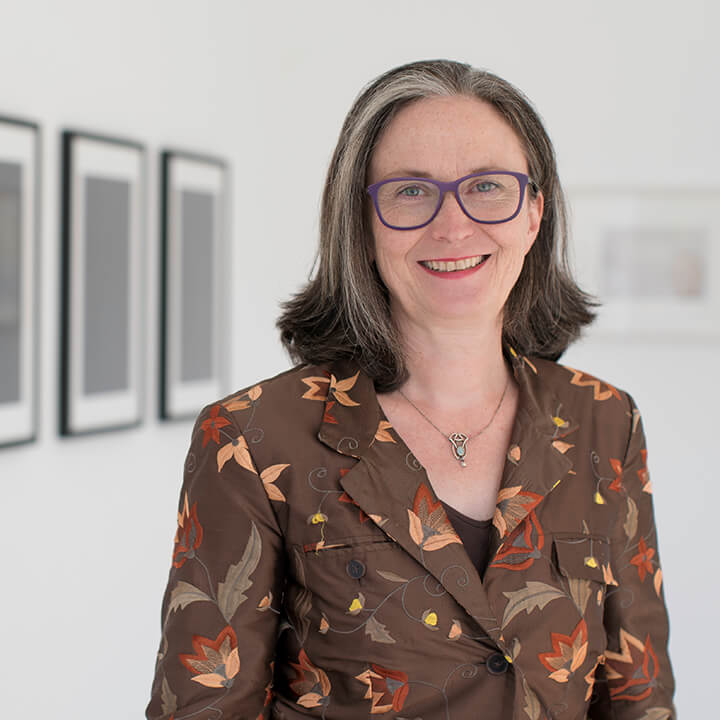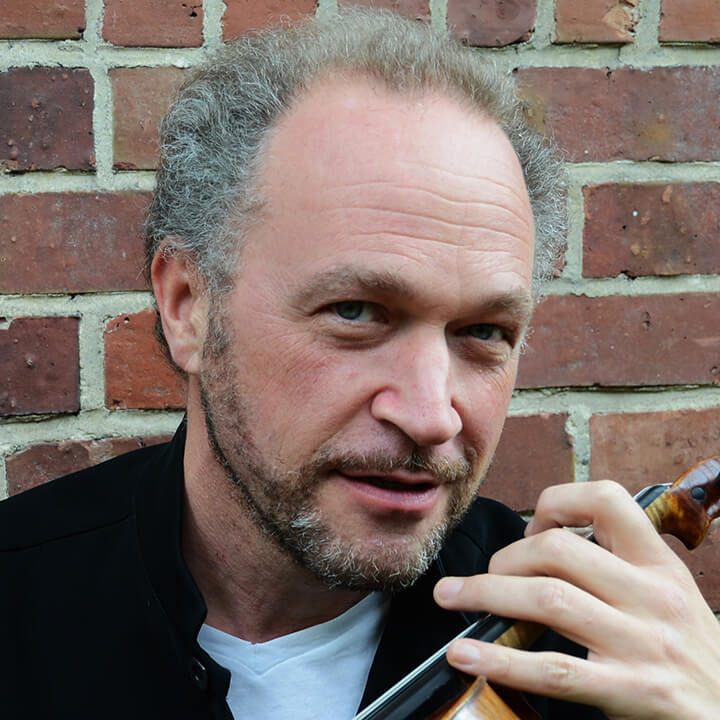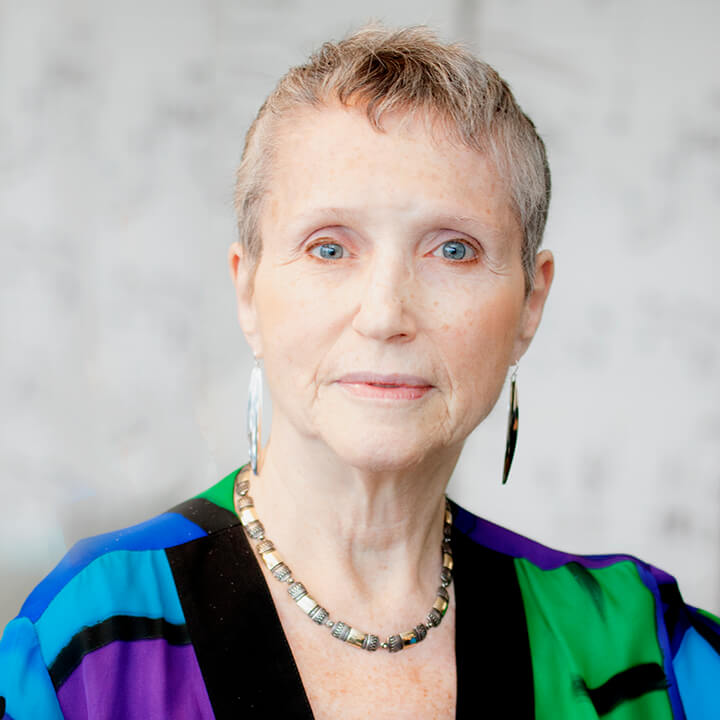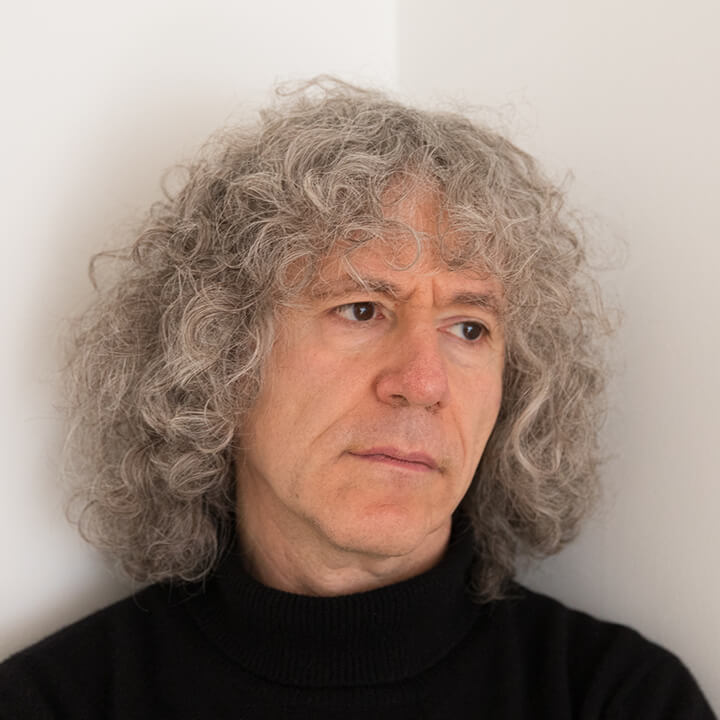Memoires
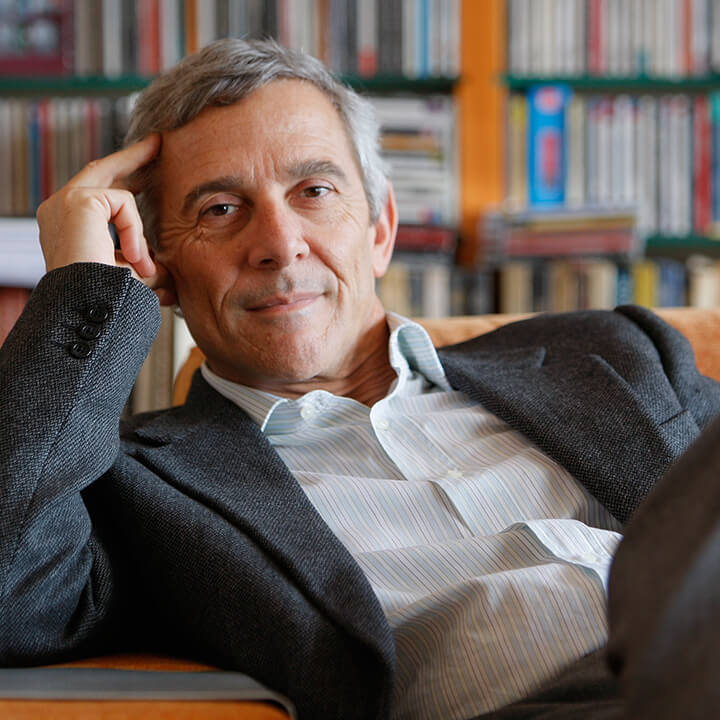
Justo Romero
Justo Romero (Badajoz, 1955) is one of the best known critics in Spanish music. He completed his musical and academic training at the Conservatorio Superior de Música of Seville and the Universidad Hispalense.
Since 1978 he has held positions of responsibility in musical management: he has been technical director of the Orquesta Bética Filarmónica (1978-1981) and the Orquesta de València (1995-1998); he was founder, together with Helga Schmidt, Lorin Maazel and Zubin Mehta, of the Orquesta de la Comunitat Valenciana; artistic advisor to the Festival Albéniz in Camprodon (1999-2007) and the Auditorio de Alicante (2011-2017), and Dramaturgo of the Palau de les Arts Reina Sofía de València (2005-2014).
He was a music critic for the newspapers El Correo de Andalucía, El País, Diario 16 and El Mundo, and currently for Levante-EMV as well as for the magazine Scherzo and other specialized publications. His bibliography includes, among others, the books Sevilla en la ópera; Albéniz; El Gato Montés; Falla; Cristóbal Halffter, ese silencio que escucho; Chopin. Raíces de futuro, and El piano 52 + 36. He has lectured and conducted seminars in various countries and universities.
Justo Romero
“When a Friend leaves”
“Something fades in your soul, when a friend leaves”, says a popular Spanish song. Although we had hardly met a few times, when he conducted in Seville and in Valencia, the sudden death of David Shallon made me feel a sharp pain deep inside. I shared with him close and good moments of endless conversations fostered by complicity, by the coincidence of opinions and passions -such as music, love, life…-, nurtured by the favourable ambiance of any cold hotel in a foreign city. We talked a lot and until the early hours. Those were conversations without end or resolution.
I remember very well when we met: I approached him attracted by the fascination a music lover feels towards the musician who has dazzled and moved him during a concert. This happened on 15th June 1995. It was in Seville, at Teatro Maestranza. I went there to attend a concert in which my friend David Geringas played Hindemith’s Cello Concerto, rather than listening for the umpteenth time An Alpine Symphony played by the Orquesta Sinfónica de Sevilla under the baton of David Shallon. But even before Strauss’ Alpine adventure and Hindemith’s Concerto, Shallon had already impressed me with his version of Weber’s Overture to Euryanthe, which opened the programme. It was a lively version, classic and romantic at the same time, but also transparent and dramatized.
I was overawed by that concert. Afterwards, I was meeting Geringas in the dressing rooms in order to go and have dinner together, and he introduced me to David; I greeted him then. I was surprised by his correct, almost formal greeting, which hid -I felt so at the moment, and later on I found out that I was right- an affective and penetrating look, but also discreet and inquiring. We agreed to meet the following day. It was the beginning of a friendship between two people who -far beyond their individual circumstances (he was an artist and I was a critic)- connected by the mysterious chemistry that achieves that people living far different realities feel really close and empathetic.
We talked about everything and anything. About his permanent existential crisis. About his doubts, his affections and disaffections. He was unpredictably extraverted and communicative, he was so confident and sincere, something that surprised me coming from someone I had just met. We said goodbye on that beautiful June in Seville, without knowing when we would meet again… Perhaps in an upcoming performance in Seville, conducting its Orquesta Sinfónica, the musicians of which were overwhelmed by David’s exceptional work on the podium.
Destiny wanted that we would meet not long after this. In December 1995, I moved to València, to be in charge of the Orquesta de València at Palau de la Música. The first thing I did, of course, was to invite David to conduct there. First, he came with the Jerusalem Symphony Orchestra, on 14th February 1996, with a programme that included Brahms’ First Symphony, a work by the Israeli Yinam Leef, and Bartók’s Viola Concerto with David’s wife, Tabea Zimmermann, playing as soloist. A few weeks later, on 15th March, he returned to conduct the Orquesta de València this time.
If in February, we barely had the chance to greet due to the haste, the hustle and bustle of any orchestra on tour, the presence of Tabea and of the orchestra staff -as he was its Music Director, then-, when he returned in March, we had the chance to chat during the fruitful week of rehearsals, while he prepared Elgar’s Enigma Variations, Beethoven’s First Symphony and Liszt’s Piano Concerto in E flat major, played by Lazar Berman, whom I had to struggle to be accepted as a soloist. “I did Liszt’s Second Piano Concerto with him and it was not a nice experience”, said David. This time it was different: he was delighted to collaborate with the Russian pianist. “He is another musician, he is calmer and more permeable”, he told me really pleased.
During that week, with plenty of dinners, meals and conversations until dawn, he was again that man full of doubts and questions, undecided and wondering about the reason of everything. He was an afflicted and permanently dissatisfied being, which did not match with his bright and direct gaze, embellished with a dark, curly hair that would have bewitched Oscar Wilde himself, the author of Salome and her wanted Jokanaan. He delved deep in his thoughts, concerns and doubts, and this also was reflected in his way of making music. He was a goldsmith and an artist. Even better: a goldsmith artist. An alchemist of sound made art, which he cared for, polished and pampered. Just like his ideas and feelings, always present, always doubtful and latent. He was, moreover, a wonderful bon vivant of music and life. I think that a person I met so little, never trusted me and told me so much. On 15th September 2000 I mourned the Friend’s departure. That day, in the distance, my soul faded a little bit.
Justo Romero
30.XII.2019
